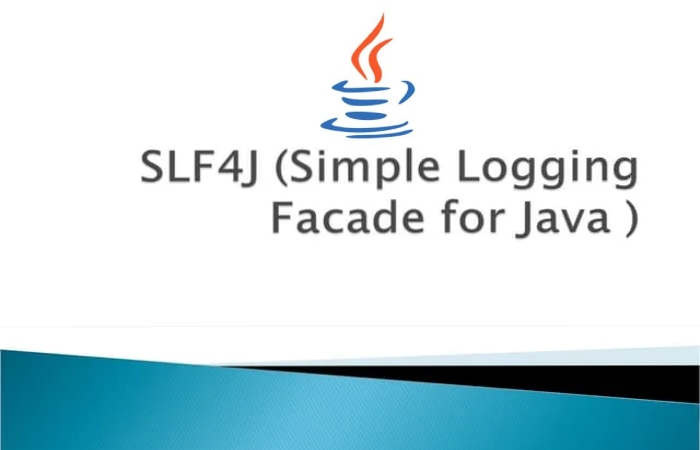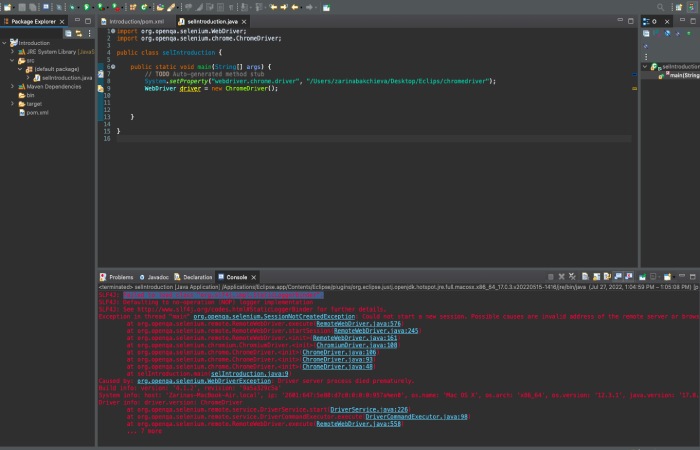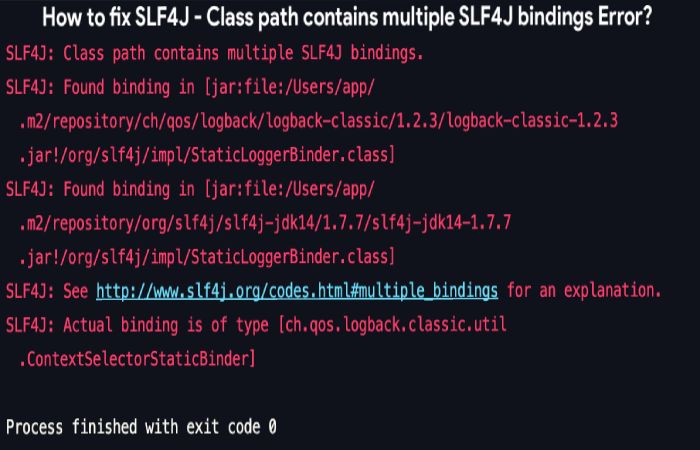Table of Contents
Introduction
In the blog post, we provide the complete information on slf4j: failed to load class “org.slf4j.impl.staticloggerbinder”. – SLF4J (Simple Logging Facade for Java) is a logging framework that provides an abstraction layer between logging implementations and applications. It allows developers to easily switch between logging implementations without changing the code. However, when using SLF4J, you may encounter an error.
SLF4J is a logging framework that provides a unified interface for various logging implementations. It acts as an abstraction layer between the application code and logging implementation. The primary purpose of SLF4J is to allow developers to easily switch between different logging frameworks without modifying their code. However, when using SLF4J, you may encounter an error message that reads Slf4j: Failed To Load Class “Org.Slf4j.Impl.Staticloggerbinder”. This article will explain what this error means and how you can fix it.
What is SLF4J?

SLF4J (Simple Logging Facade for Java) is essential tool developers use to log messages in the Java programming language. It is a logging API that allows developers to write code without worrying about the underlying logging framework being used. This helps to keep the code base clean and maintainable. Unfortunately, an error message like “Failed to Load Class ‘Org.Slf4j.Impl.Staticloggerbinder'” can occur when using SLF4J, which can be confusing for developers who are unfamiliar with it or its importance in their projects.
Why is SLF4J Important?
SLF4J is an essential tool for logging information in applications. It allows developers to write code that can be used across multiple logging frameworks without making changes. This makes maintaining and debugging applications more accessible and ensures consistency across different platforms. Unfortunately, this utility can sometimes fail to load the necessary classes, resulting in the error messages Slf4j: Failed To Load Class “Org.Slf4j.Impl.Staticloggerbinder”.
What is the “Failed to Load Class” Error?

Have you ever met the “Failed to Load Class” error when using Slf4j? This error occurs when the Slf4j library cannot find the class it needs to initialize. The class in question is called “org.slf4j.impl.StaticLoggerBinder” and this is what causes the “Failed to Load Class” error. We will discuss how you can fix this issue and get back on track with your project!
Advantages and Disadvantages of Slf4j: Failed To Load Class “Org.Slf4j.Impl.Staticloggerbinder”.
The error that can occur when using the Simple Logging Facade for Java (SLF4J) library. This error occurs when the static logger binder class is not found in the classpath, meaning that SLF4J cannot find its logging implementation. While this error can be frustrating, it has some advantages and disadvantages that should be considered before attempting to fix it. We will explore the advantages & disadvantages of Slf4j: Failed To Load Class “Org.Slf4j.Impl.Staticloggerbinder”. So that you can make an knowledgeable decision on how best to address it in your application or project.
What Causes the “Failed to Load Class” Error?

The “Failed to Load Class” error is a common problem when using Slf4j, an open-source logging framework. Several different issues, such as missing dependencies, outdated libraries, or incorrect configurations, can cause this error. Understanding what causes this error and how to fix it can help you avoid future frustration and wasted time. We will discuss the potential causes of the “Failed to Load Class” error and how you can resolve it.
How to Resolve the “Failed to Load Class” Error?
Have you ever faced the error “Failed to Load Class ‘org.slf4j.impl.StaticLoggerBinder’” while trying to use SLF4J? This is a common issue that many developers face when trying to use the SLF4J logging framework. The error occurs when the required dependencies are not correctly configured or missing from your project. We will discuss how you can resolve this issue and get your project up and running again. We will also discuss some of the best practices for using SLF4J in your tasks to avoid this error in the future.
Troubleshoot Your SLF4J Errors For

SLF4J is a popular logging framework used by various Java applications. It helps developers to integrate logging into their code easily and provides an easy-to-use API for logging messages. However, sometimes developers may encounter errors related to the SLF4J framework. One of the most common errors is the “Failed to Load Class ‘org.slf4j.impl.StaticLoggerBinder'”. This error frequently occurs when there’s an issue with the SLF4J configuration or when the application cannot find an appropriate binding for the logger implementation it needs.
Conclusion
The Slf4j: Failed To Load Class “Org.Slf4j.Impl.Staticloggerbinder”. Error is a common issue that can occur when working with Java applications. This error typically occurs due to a missing or incorrect version of the Slf4j library, which is used to provide logging capabilities. Fortunately, this issue can be fixed by ensuring the correct library version is included in your project and configured correctly. With these steps taken, you should be able to resolve the “Failed to Load Class” error and continue working on your project without further issues.


